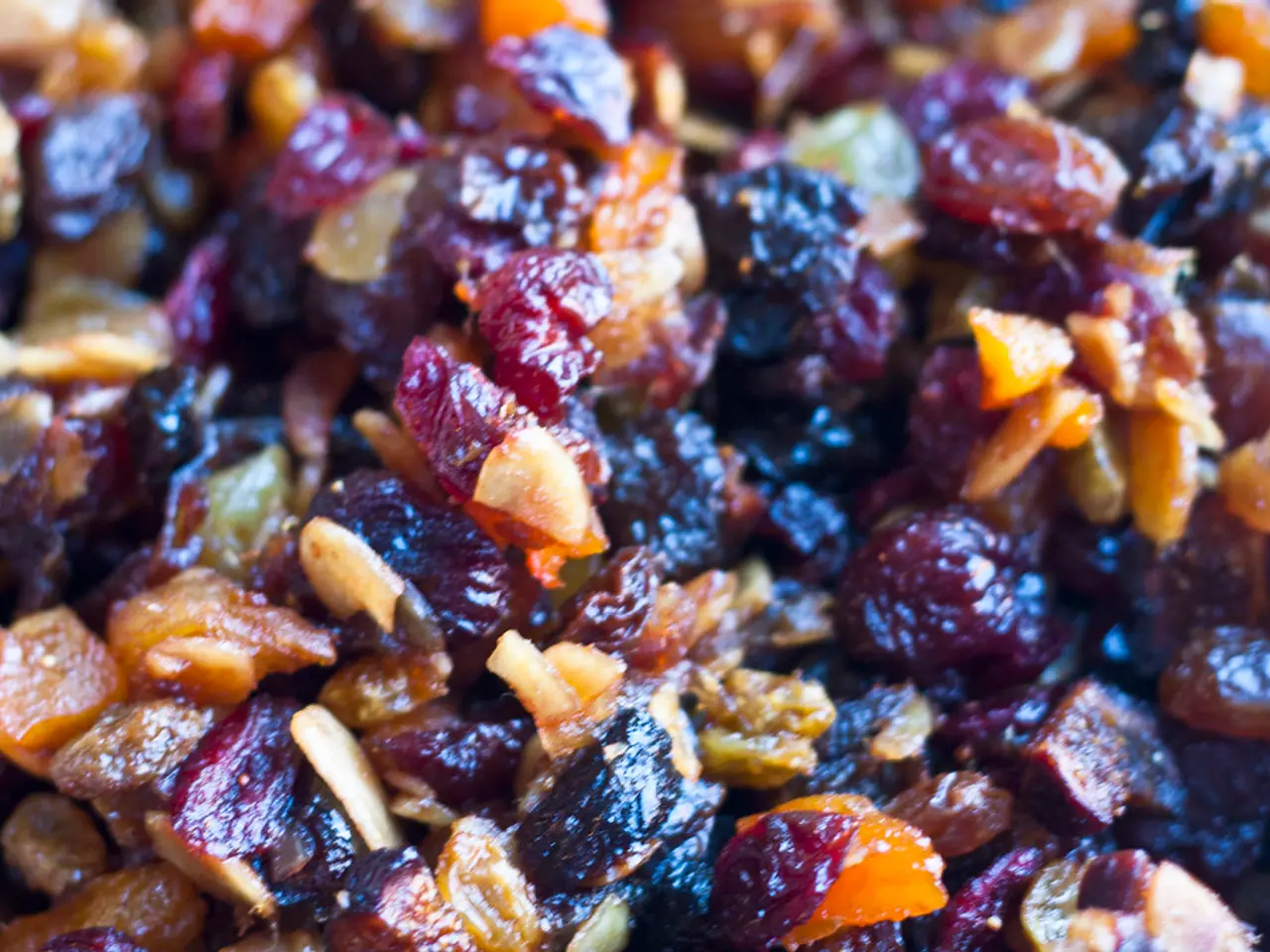Quality Pet Nutrition: Why a Healthy Diet Matters for Man's Best Friend
Balanced nutrition plays a crucial role in the growth, development, and overall health of puppies, helping them build strong muscles, develop a robust body structure, and grow into healthy, vital dogs. This article will delve into the key factors to consider when choosing high-quality dog food to ensure your furry friend receives the necessary nutrients for a long and healthy life.
Whole-food Ingredients
The first step in selecting high-quality dog food is to look for products that list whole, recognizable foods as ingredients. A named animal protein source, such as chicken or salmon, should be the first ingredient. Avoid foods containing vague terms like "meat meal," "animal derivatives," or artificial additives, fillers, preservatives, and added sugars.
Nutritional Balance
A well-balanced dog food provides a mix of proteins, fats, carbohydrates, vitamins, and minerals. Protein content should ideally be at least 25%, especially for active dogs, and fats should be around 10–20%, sourced from healthy fats.
Life Stage and Individual Needs
Consider your dog’s age, size, activity level, and any special dietary needs or health conditions to ensure the food meets their specific nutritional requirements. For sensitive dogs, hypoallergenic food specifically developed for their needs can be beneficial in identifying and avoiding individual intolerances.
Quality Assurance
Look for products with transparent sourcing and ethical farming practices, and avoid fillers and artificial additives. The ingredient list should be short and clear, emphasizing whole foods like muscle meats, organ meats, ground bone, vegetables, and fruits.
Type of Food and Convenience
Decide between raw diets, high-quality kibble, or homemade food based on what suits your dog and your ability to provide balanced nutrition. Each option has its advantages and disadvantages, so choose the one that best fits your dog's needs and lifestyle.
Complete Nutrition
Ensure the food is labeled as "complete," meaning it contains all essential nutrients your dog needs daily, not just complementary or treat-type foods.
Examining the Ingredient List
Carefully examining the ingredient list helps identify high-quality components and ensures the food contributes to the dog's health and well-being. Low-quality fillers like sawdust or chicken by-products offer no nutritional value and should be avoided.
Synthetic Preservatives and Additives
Avoid synthetic preservatives, dyes, and other chemical additives in dog food as they can strain a dog's health. High-quality dog food should be free from these harmful substances.
Gradual Change of Food
A gradual change of food is recommended to observe the dog's reaction to new food components. A transparent declaration of ingredients is crucial to ensure the chosen food meets the dog's needs.
In conclusion, high-quality dog food combines transparent, whole-food ingredients with balanced nutrition tailored to your dog's life stage and needs, free from fillers and harmful additives. Conscious decision-making in food selection, oriented towards the quality of ingredients, can help prevent diseases and improve the overall quality of life of the dog.
Whole food ingredients, such as named animal proteins, should be the primary focus in high-quality dog food, avoiding vague terms and artificial additives. Opting for nutritionally balanced dog food, rich in proteins, fats, carbohydrates, vitamins, and minerals, is essential for a dog's growth, development, and overall health. To best meet a dog's individual needs, consider factors like life stage, size, activity level, and any special dietary requirements or health conditions. High-quality dog food should be sourced ethically and free from fillers, synthetic preservatives, and harmful additives, using whole foods like muscle meats, organ meats, ground bone, vegetables, and fruits. To maintain the dog's health and well-being, it's crucial to carefully examine the ingredient list. When transitioning to a new food, a gradual change is recommended to monitor the dog's reaction. By focusing on quality ingredients, we can support the prevention of diseases and improve our dog's quality of life, promoting lifestyle factors such as home-and-garden care, fitness-and-exercise, skin-care, nutrition, and even pets' care.




